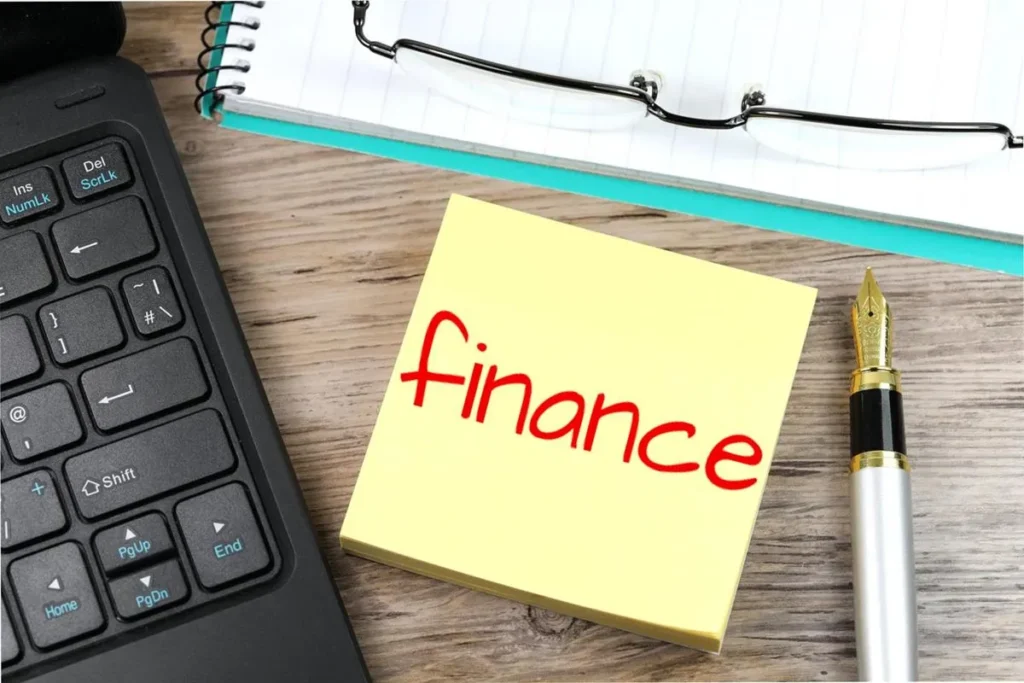The end of the year is a great time for students to reflect on their finances and make plans for the upcoming year. Whether you’re managing a tight budget or saving for future expenses, taking small steps now can set you up for success. Here are some easy end-of-year personal finance tips specifically tailored for students.
Create a Budget and Stick to It
The first step in managing your finances is to create a budget. Knowing where your money is going helps you avoid unnecessary spending and ensures that you have enough for essential expenses like tuition, books, and rent. Track your income from part-time jobs, allowances, or student loans, and make sure you plan for both fixed and variable expenses. Stick to your budget as best as you can, and use apps or spreadsheets to keep track of your spending.
Set Financial Goals
The end of the year is the perfect time to set financial goals for the upcoming year. Whether you’re aiming to save a specific amount, pay off a credit card balance, or build an emergency fund, having clear goals will help you stay motivated. Break these goals down into smaller, achievable steps, and keep track of your progress.
Cut Unnecessary Expenses
Take a close look at your spending habits over the past year and identify areas where you can cut back. Are you spending too much on food delivery? Do you have subscriptions that you don’t use? Cutting out unnecessary expenses, even small ones, can free up money for savings or paying off debt. Try to find ways to reduce costs, such as cooking more meals at home or canceling unused subscriptions.
Start an Emergency Fund
Building an emergency fund is essential, even as a student. Unexpected expenses, like car repairs or medical bills, can pop up, and having a financial cushion can help you avoid going into debt. Aim to save a small amount each month, even if it’s just $20 or $50. Over time, this can add up and provide you with peace of mind.
Pay Down High-Interest Debt
If you have credit card debt or other high-interest loans, focus on paying them off as quickly as possible. High-interest debt can quickly spiral out of control, so prioritize paying off the balances to avoid paying extra in interest. You can also consider consolidating or refinancing loans to get a better interest rate.
Take Advantage of Student Discounts
Many stores, restaurants, and services offer student discounts, which can help you save money on everyday purchases. Always ask if a student discount is available, and keep an eye out for deals that are specifically aimed at students. Using your student ID to take advantage of discounts, both online and in person, can add up over the course of the year.
Automate Savings
One easy way to save money is to automate your savings. Set up a direct deposit or automatic transfer from your checking account to your savings account. This way, you won’t be tempted to spend the money, and saving will become a consistent habit. Even setting aside a small percentage of your income can lead to significant savings over time.
Review Your Financial Aid and Scholarships
As the year comes to a close, take some time to review your financial aid and scholarship status. Make sure that all paperwork is in order, and check for any upcoming deadlines or renewal requirements. Look into other scholarship opportunities for the next academic year to help reduce the financial burden of tuition and other school-related expenses.
Sell Unused Items
If you have clothes, electronics, or textbooks that you no longer use, consider selling them to earn extra cash. Platforms like eBay, Depop, and Facebook Marketplace are great places to sell items that are still in good condition. This can help you declutter your space while making some extra money.
Avoid Holiday Spending Overload
The holiday season can lead to overspending, especially when buying gifts or participating in expensive social activities. Set a holiday budget in advance, and stick to it. Instead of overspending on presents, consider affordable options like homemade gifts, thoughtful notes, or experiences that don’t cost a lot but still show appreciation.
Build Your Credit Score
Building a good credit score is important for your future financial health. If you don’t already have a credit card, consider applying for one to start building your credit history. Use it responsibly by paying off your balance in full each month to avoid interest charges. A strong credit score can help you qualify for better rates on loans, credit cards, and even rental agreements in the future.
Find Free or Low-Cost Entertainment
Student life can be stressful, but it’s important to find ways to relax and unwind without breaking the bank. Look for free or low-cost entertainment options, such as student events, free movie nights, or outdoor activities. Taking advantage of these activities allows you to enjoy your free time without spending too much money.
Start Investing, Even if It’s Small
While it might seem intimidating, the sooner you start investing, the better. You don’t need a lot of money to get started. Consider using micro-investing platforms, where you can start investing with as little as $5. This is a great way to learn about the stock market and grow your wealth over time.
Track Your Spending
One of the most important aspects of personal finance is knowing where your money goes. Keep track of your spending to ensure you’re sticking to your budget. There are many apps that can help you track your expenses, categorize your purchases, and visualize where you might be overspending. Keeping track of your finances gives you better control and allows you to make adjustments when necessary.
Avoid Impulse Purchases
Impulsive buying is one of the biggest money drains for students. Before making a purchase, especially a non-essential one, take a moment to think it through. Ask yourself if it’s something you really need or if it’s just a fleeting desire. Developing self-discipline around spending will help you save more in the long run.
Conclusion
Managing your finances as a student can be challenging, but with a little planning and discipline, you can set yourself up for success. By creating a budget, reducing unnecessary expenses, saving for emergencies, and taking advantage of student discounts, you can finish the year strong financially and be better prepared for the future. With these simple tips, you can maintain control of your finances, reduce financial stress, and focus more on your studies and personal growth.

